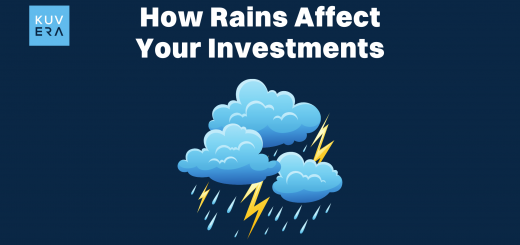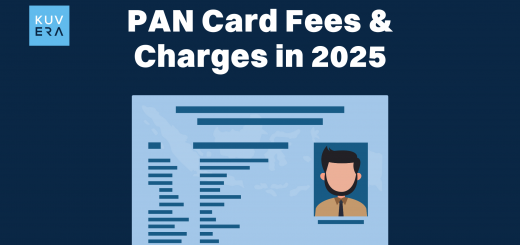Mutual funds have gained popularity among investors and financial enthusiasts due to their high returns and benefits. However, many seek an alternative with low management fees and financially rewarding day trading opportunities. Individuals can achieve their financial goals by investing in exchange-traded funds.
ETFs pool the funds of many investors and invest them in tradable assets such as debt securities, bonds, stocks, and derivatives. Individuals can use a broker to buy and sell ETFs on stock exchanges. An investor who is interested in multiple ETFs can do so without restriction. ETF stocks are highly liquid, allowing investors to sell units as needed. Individuals should understand ETFs and their functions to make an informed decision.
Types of Exchange-traded Funds in India
- Commodity ETFs : They invest in commodities or the commodity derivatives market.
- Bond ETFs : These funds only invest in bonds.
- Sector or Industry ETFs: These funds track the performance of a specific industry or sector.
- Inverse ETFs: These funds invest in derivatives to gain from a drop in the value of the underlying market index.
- Currency ETFs: These funds are designed to track the comparative value of a currency or a collection of currencies.
- Equity ETF : Equity ETFs invest in a portfolio of corporate stocks (also known as equities or shares).
- Gold ETF : They target to track the domestic physical gold price.
- Debt ETF: They track the performance of an underlying index that includes a variety of debt instruments.
- International ETF: International ETFs are ETFs that invest primarily in foreign securities.
Advantages of Exchange Traded Funds
Exchange-traded funds (ETFs) provide some benefits, including the following:
- Diversification: As previously stated, numerous ETFs focus on various securities. An investor can diversify their portfolio with multiple securities at one time by investing in an ETF. ETFs provide investors with global diversification across multiple horizontals, including styles, sectors, and commodities.
- Lower costs: ETFs are known to have lower expense ratios. Instead of investing in individual companies, you can select industry/sector ETFs and benefit from their growth. They also have lower expenses for monthly statements, transfers, and notifications. The expense ratio for ETFs cannot exceed 1%, which is lower than the limit for actively managed funds. As ETFs are passively managed, fund managers are not required to conduct extensive analysis and research. As a result, they charge low management fees. They also have lower expenses for monthly statements, transfers, and notifications.
- Transparency: There is absolute transparency regarding the ETF portfolio constituents. These investment vehicles submit their NAV and holdings daily.
- Arbitrage: As ETFs are based on an underlying factor, they can be used to profit from price fluctuations. Investors can quickly switch between index funds and derivatives to profit from a rise or fall in value.
- Convenience: ETFs, unlike other mutual funds, are freely available for trading on the stock market. Furthermore, they are traded on well-known stock exchanges. This means they are as open as possible about their pricing and trading mechanisms.
- Trading Flexibility: When the markets are open, investors can buy and sell ETFs anytime. This facilitates intraday portfolio management. Investors can transfer funds between asset classes if they so desire.
- Shorting or Hedging: ETFs can be shorted or hedged against long stock positions as a hedge against a market decline.
- Higher liquidity: They have more liquidity than mutual funds, making them a valuable tool for quickly raising cash.
- Tax-Efficient Compared to Mutual Funds: Capital gains are typically lower when compared to actively-managed mutual funds. This means that ETF investors pay less tax.
Since the pandemic began, there has been a steady increase in passive investments in India, as equity markets worldwide have reached new highs. ETF mutual funds can be an excellent way to diversify your portfolio and gain exposure to specific industries. Investors interested in capitalising on market movements without the risk of fund managers associated with actively managed funds should consider ETF benefits.
Once people understand exchange-traded funds, they may want to look into some of the best ETFs available in India and their returns. Investors can surely choose the ICICI ETF. These funds are considered the best ETF funds in India and have numerous advantages over mutual funds.
Interested in how we think about the markets?
Read more: Zen And The Art Of Investing
Watch/hear on YouTube:
Start investing through a platform that brings goal planning and investing to your fingertips. Visit Kuvera.in to discover Direct Plans and Fixed Deposits and start investing today.
#MutualFundSahiHai #KuveraSabseSahiHai!











